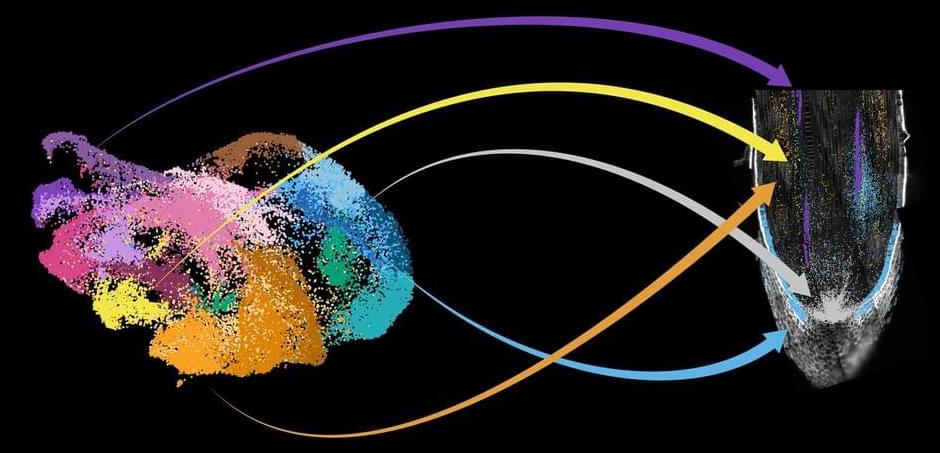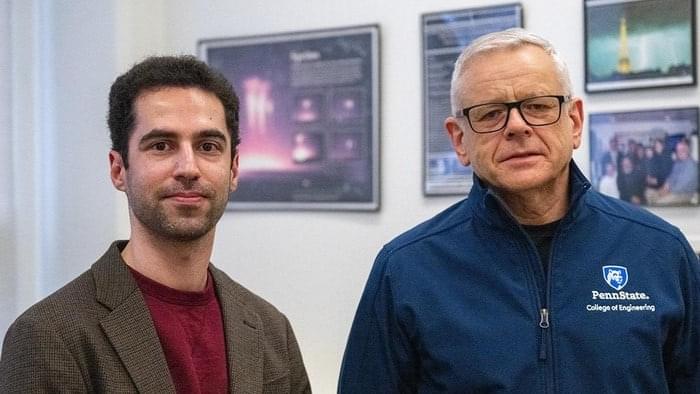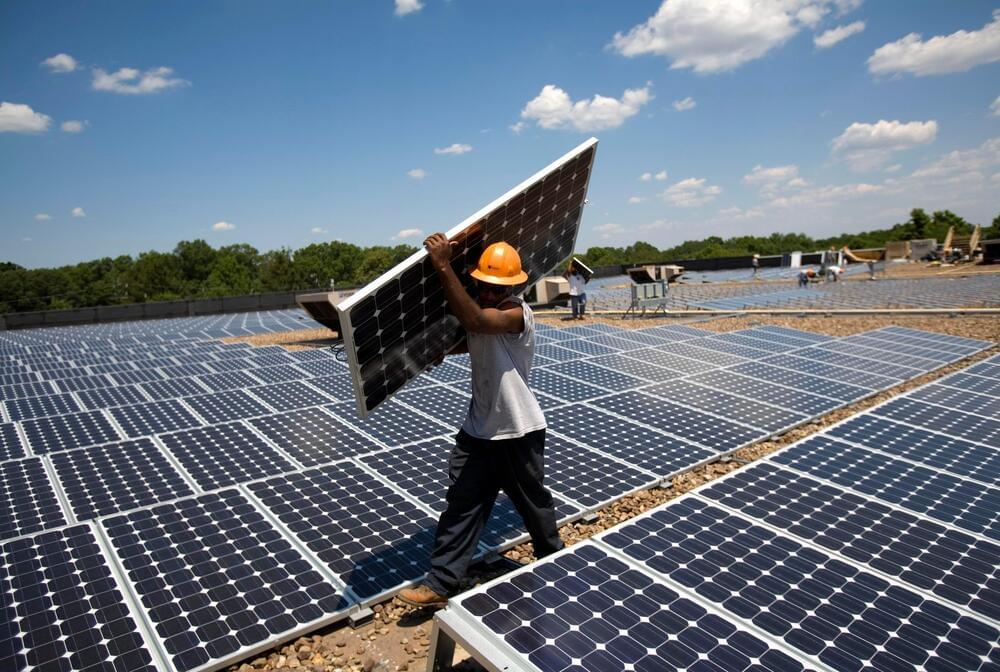Copied from :- https://www.facebook.com/francesca.rossi.
Are you a PhD student working on AI ethics? The 6th AAAI/ACM Conference on Artificial Intelligence, Ethics, and Society (AIES) invites PhD students to apply for the AIES student track, which offers targeted programming, mentorship, and funding to attend AIES in Montreal from August 8–10, 2023. We welcome all disciplines, methods, and backgrounds and strongly encourage applications from underrepresented and/or minoritized students.
Deadline: May 12, 2023
The AIES student track is a competitive program that provides PhD students with targeted programming, mentorship, and financial support to attend AIES. In addition to attending the conference, accepted students present their research in a lightning talk and poster session, participate in breakout groups with peers, and receive mentoring from senior scholars.
All PhD students with research interests relevant to the conference are welcome to apply, whether or not they have already submitted a paper to the main track of AIES. (See the main track CFP for the full list of research topics.) Students with papers already accepted by the main track must make a separate application if they wish to be considered for the student program.
Acceptance into the student program will include both free conference registration and a travel stipend to significantly offset travel and accommodation costs. The precise award amount will vary according to financial need.






